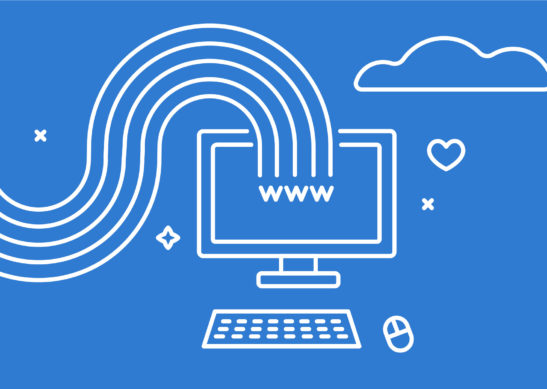Let the Good Times Roll
The online ad industry continues to defy gravity, or at least the triopoly does.
Meanwhile BuzzFeed finally makes its Wall Street debut, while longtime public company Criteo makes some unexpected noise. Lots to discuss — so let‘s go.
The other digital gold rush
When forecasters have to adjust an already strong growth prediction upwards, you know that an industry is humming along nicely. And that‘s just what the folks at Zenith had to do this past week, as the company‘s researchers acknowledged that their previous forecast of 19 percent growth wasn‘t cutting it, and instead declared that global advertising spending will surge by 22.5 percent to $763.2 billion this year, reported the Wall Street Journal.
Supply chain problems and inflation don‘t seem to be a big worry when your business is attached to the ongoing spikes in e-commerce and streaming. GroupM chimed in with a similarly healthy 22 percent global spending forecast. As analyst Brian Wieser, GroupM‘s global president of business intelligence put it: “It‘s possible that this is the fastest growth in the history of advertising, at least in known history.” Sounds like a party, except….
Rich getting (much, much) richer
Outside of China, the triopoly — Alphabet, Amazon, and Meta — made up more than 50 percent of total ad revenue this year, according to a report in Morning Brew. That‘s all media spending.
When it comes to just digital spending, the numbers are even more stark. As Ana Milicevic, co-founder of Sparrow Advisers, put it on Twitter,
“Somewhere between 80 percent and 90 percent of digital advertising outside of China will go to Google parent Alphabet Inc., Facebook parent Meta Platforms Inc. and Amazon Inc., GroupM estimated.” Continues to be the only relevant advertising story.
It‘s not clear that this growth is worth celebrating for the broader web. The rich are clearly getting richer as most of the digital publishing world grapples with major identity changes. Will any of this excess spending trickle down to the average publisher? Let‘s hope so. Regardless, this trend would seem to increase the urgency for cookie alternative initiatives like UID 2.0.
BuzzKill
The digital ad boom news has coincided with the long-awaited BuzzFeed IPO, and the early results were not great, reported CNBC. The fact that BuzzFeed isn‘t yet fully profitable doesn‘t help, but the market‘s day one rejection is a bit of a head scratcher, considering that the company pulled in $321 million in annual revenue. It‘s very early, but as CEO Jonah Perreti and Recode Media‘s Peter Kafka discussed on his latest podcast, BuzzFeed‘s performance carries weight among many digital-first media companies born during the past decade. BuzzFeed and its growing list of acquisitions (HuffPost and Complex Media) do boast seriously big audiences — but they lack an identity advantage (i.e., lots of logged in users). That‘s a challenge in this climate. But what these brands do have — theoretically — is lots of shoppers, so expect a bigger push into affiliate marketing, since it seems their best shot at riding the retail media wave.
Sneaking cookies
So the media investment analysis company Ebiquity conducted an investigation into how global publishers are doing when it comes to adhering to GDPR‘s consent laws — and it turns out, almost nobody is following the rules.
Per Digiday: ”‹”‹The investigation found the vast majority (92.6 percent) of websites that attract tier-one advertiser-spend place at least one tracker on internet users‘ devices prior to gaining their consent.
That‘s bad enough. But most publishers have taken measures that make it look and feel like they are giving people control of their data, offering a false sense of security, the report notes. Does this mean the entire internet is getting fined? It‘s unlikely, as many publishers and brands don‘t even know trackers are being passed around.
This reality doesn‘t make the consent management sub-industry look very good. Nor does it seem as though trade organizations‘ efforts in this realm have been effective.
Criteo Thinking
As we‘ve mulled over who would be hurt most by the eventual end of the cookie, at the top of many people‘s list has been “retargeting companies like Criteo.” Well not only is Criteo still around, it’s been so successful in its ongoing reinvention that it‘s getting acquisitive. The French company announced plans to acquire IponWeb, owner of the ad platform connector Bidswitch. It‘s a sign of shrewd leadership, as well as another example that nothing in ad tech ever really dies.
Hats off to Criteo – one of the best reinvention stories I can think of. Most of the industry had written them off as the next Rocketfuel. Now after placing a couple of smart bets they‘re a hot commodity again.
— matt barash (@mjbarash) December 9, 2021
That‘s it for this week. So much for a quiet holiday season. We‘ll see you next time.


